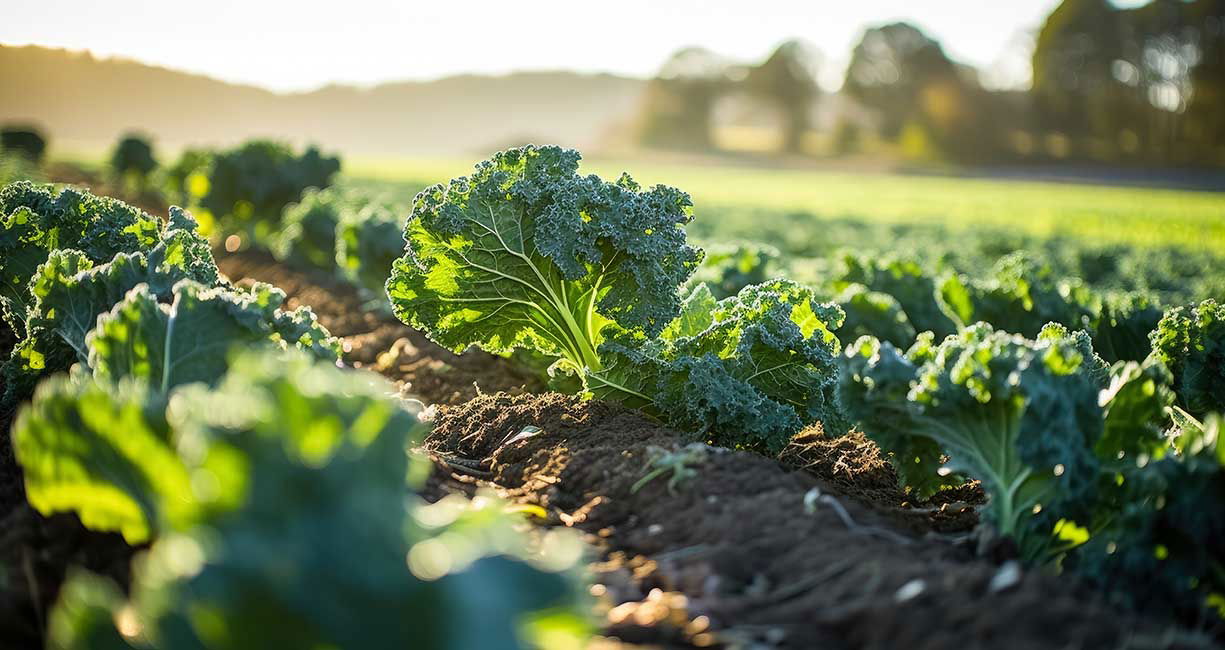New preliminary research suggests climate change, specifically higher atmospheric carbon dioxide and hotter temperatures, could contribute to a reduction in nutritional quality in food crops, with serious implications for human health and well-being.
Most research into the impact of climate change on food production has focused on crop yield, not nutritional value. “Our work looks beyond quantity to the quality of what we eat,” says Jiata Ugwah Ekele, a PhD student at Liverpool John Moores University, UK. “These environmental changes can affect everything from photosynthesis and growth rates to the synthesis and storage of nutrients in crops.”
Ekele’s research focuses on leafy vegetables, including kale, arugula and spinach. For this research, these crops were grown in environment-controlled growth chambers at the university, with carbon dioxide and temperature levels changed to simulate predicted future climate scenarios. After harvesting, nutritional quality was analysed using high-performance liquid chromatography and X-ray fluorescence profiling to measure sugar, protein, phenolics, flavonoids, vitamins and antioxidants.
How climate change could affect crops
While some crops were more sensitive to climate change than others, and some grew faster and larger due to increased carbon dioxide, most showed reductions in key minerals, such as calcium and certain antioxidants. Temperature increases exacerbated these changes.
The team presented their results at the Society for Experimental Biology Annual Conference in Antwerp, Belgium, this summer.


